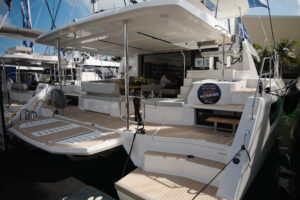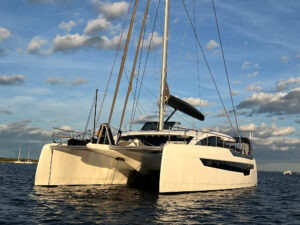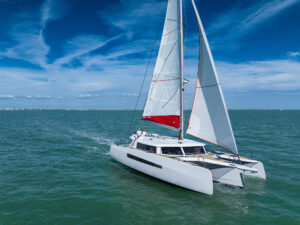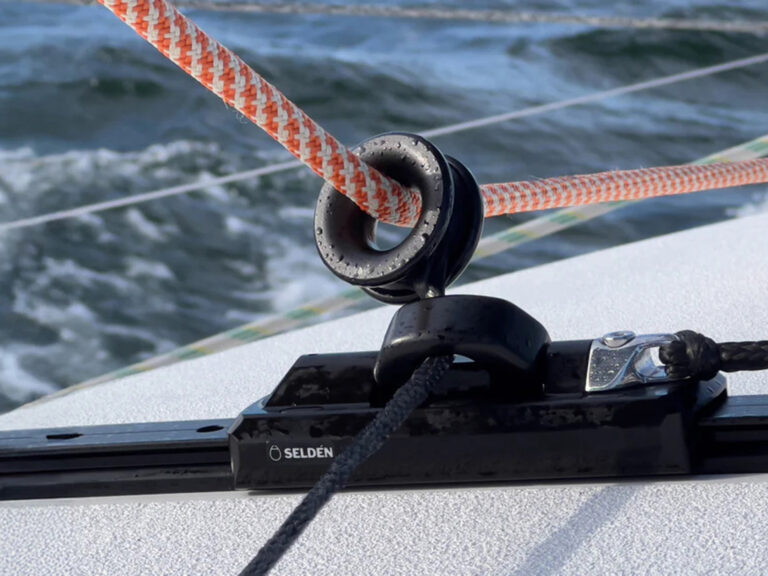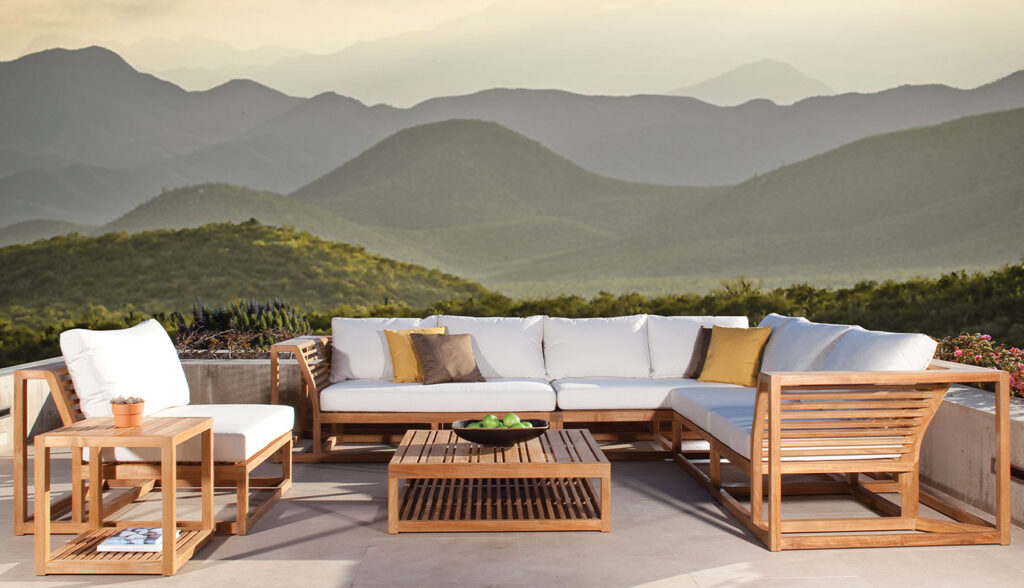
Take a stroll through any high-end marina just about anywhere in the world, and you’re bound to get an eyeful of polished teak trim adorning the luxury yachts you see. But ask Mal Haddad, Vice President, and Head of Design and Development at Westminster Teak—an American company that designs, builds and imports high-end furniture from Indonesia—if you should consider gleaming, varnished teak chairs and tables for your deck or patio, and he’ll just scoff and ask if you have paid crew at home to keep it all rich and shiny-looking.
He likens such glossy furniture—while fine for indoor use—to a high-end fighting chair you might find on a chartered fishing boat. With 12 coats of varnish, it looks beautiful for the day or two you’re aboard, but what you don’t see is that as soon as you leave, the crew is busy washing it down, or sanding and revarnishing any dings so that it looks as rich and luxurious for the next customer. The key to the best investment in acquiring teak furniture is knowledge about the material, craftsmanship in the furniture, and ease in its maintenance. A well designed and beautifully crafted piece of teak furniture endures over time, season after season, year after year, long after trends are forgotten.
Outdoors and in the elements, the real beauty of the wood, he says, is its high oil content and grain structure, which gives untreated teak its longevity and tendency to weather to a lovely gray patina in a wide range of climates, and with very little maintenance. To care for your outdoor furniture, all you have to do is scrub it with dish soap and water, using a soft brush, every couple of months to remove airborne dirt and stains. Don’t, he cautioned, oil the teak, because moisture can find its way under the surface and cause mold or mildew that will stain the wood.
A native of Singapore, Haddad says that a recent trip home gave him the opportunity to see some of the teak furniture again that his parents had around their home when he was a boy. “It looks the same,” he says, “and it’s been around for more than 100 years.”
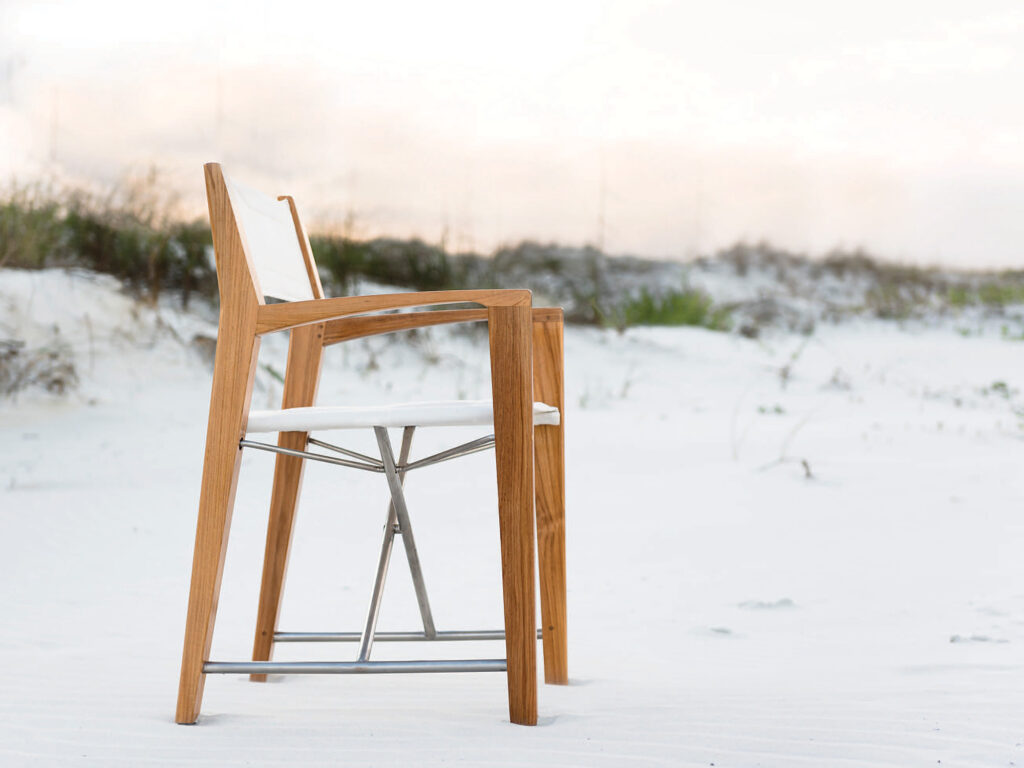
When it comes to his design philosophy, Haddad takes a long view. Rather than trendy styles that fall quickly into disfavor, or materials such as plastic and wire that show their age after a season or two, he embraces practicality and longevity that, like his parents’ furniture, looks good and is comfortable for decades. Haddad goes on to share, “Good design should be as relevant now as it was 50 years ago and 50 years from now. The designs are as timeless and enduring as the material itself.”
“As a raw material, teak lasts far longer than the average resin-based wicker or metal furniture that is environmentally less eco-friendly,” Haddad noted in a white paper that he wrote for the company. “Its high oil and silica content make it highly resistant to rotting, warping or splitting, allowing it to withstand the extremities of weather including sun, rain, and snow…. It’s high natural oil content also means it has a comparatively low coefficient of thermal expansion; it does not expand and contract, warp, split, or crack, in humid environments, in contact with water, or even when submerged [in water] over extended periods of time.”
Because of its longevity for outdoor uses, Haddad says that teak is a naturally sustainable building material. But, he adds, Westminster Teak is committed to sustainability in a broader sense of the word. The teak it uses in its factory comes from certified plantations under the management of the Indonesian Ministry of Forestry.
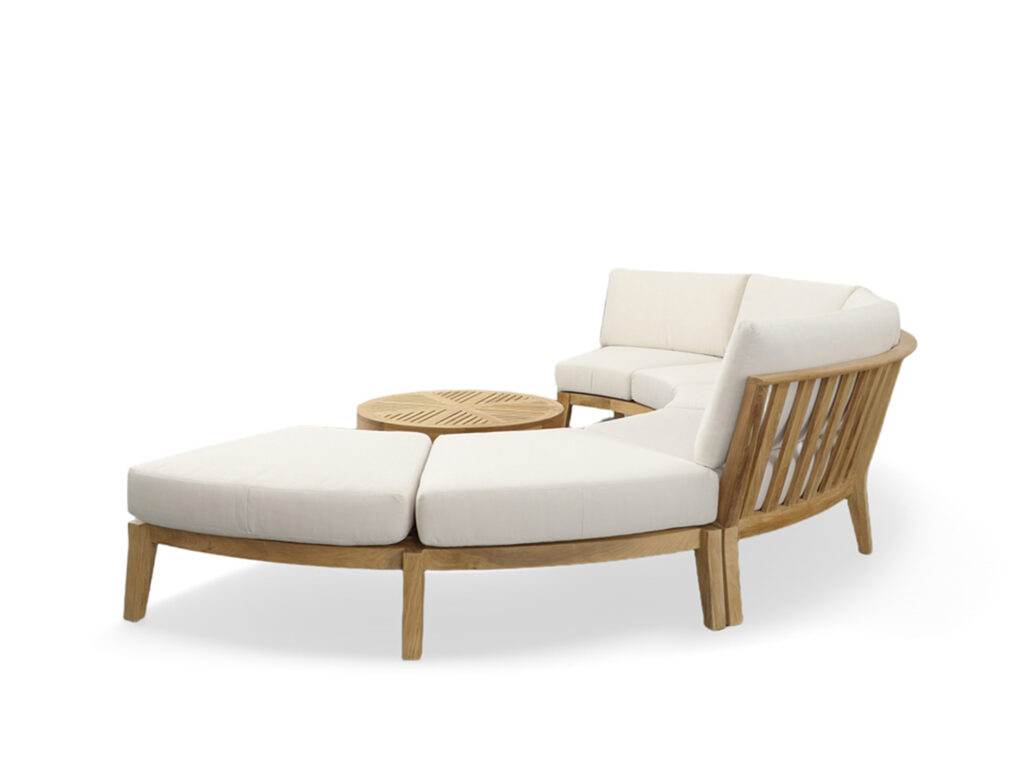
“We purchase wood only from sustainably harvested plantations that are managed and credibly certified by the Ministry of Forestry of Indonesia, ensuring 100 percent transparency as to the origins of the wood, from forest to showroom floor,” Haddad says.
“Our factory was the first to join Nusa Hijau, the Indonesian Chapter of the Global Forest Trade Network (GFTN), an initiative of the World Wildlife Fund. It was created to eliminate illegal logging, improve the management of threatened forests, and promote biodiversity and the livelihoods of the people that depend on them,” he notes.
Westminster Teak also works only with factories that can account for the well-being and medical care of their employees and their families. “In the long run, companies themselves cannot continue to be viable and claim support for sustainability only for the environment without consideration to those who are actually working for them, regardless of whether they are in the fields or factories,” he adds.
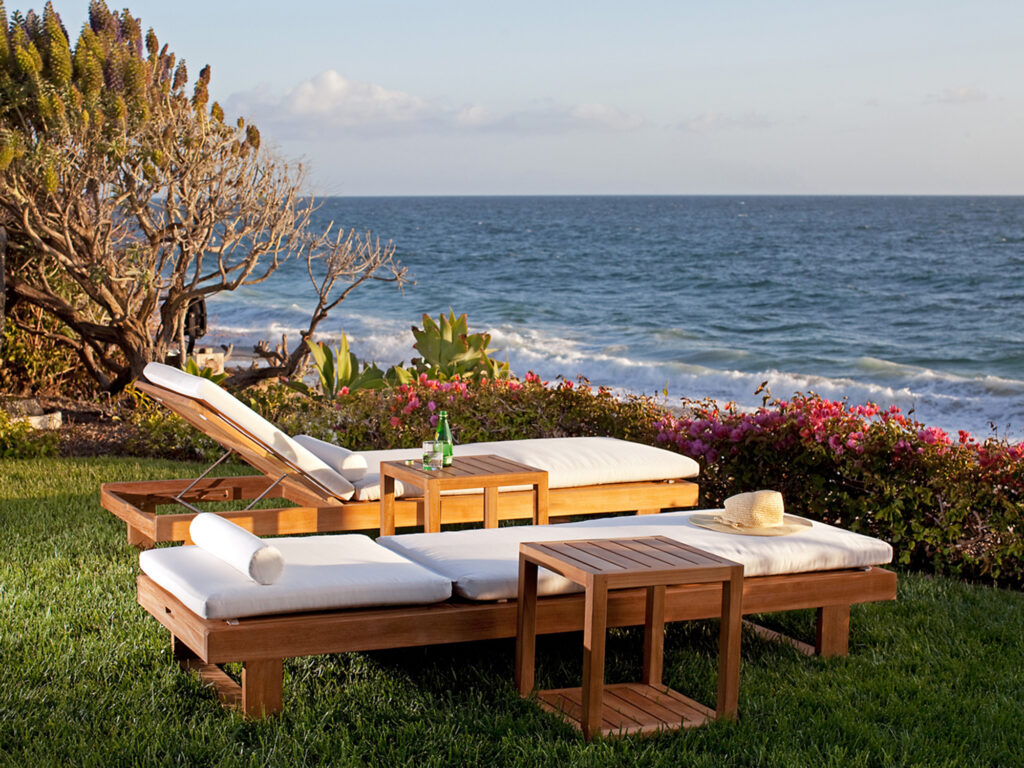
But in the end, for Haddad and Westminster Teak, the value of the furniture all comes back to Haddad’s concepts of timeless designs.
“Product knowledge is key in understanding the investment value proposition a beautifully crafted piece of teak furniture brings,” he says. “While retaining a select few from our ‘old classics,’ our design team is constantly working to create furniture that evokes simple sophistication and casual elegance.”

